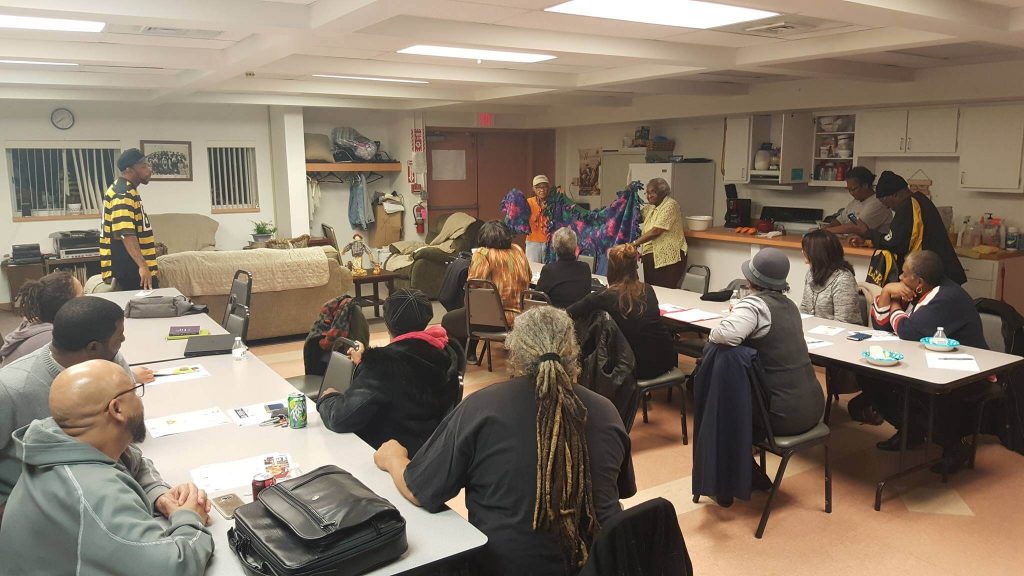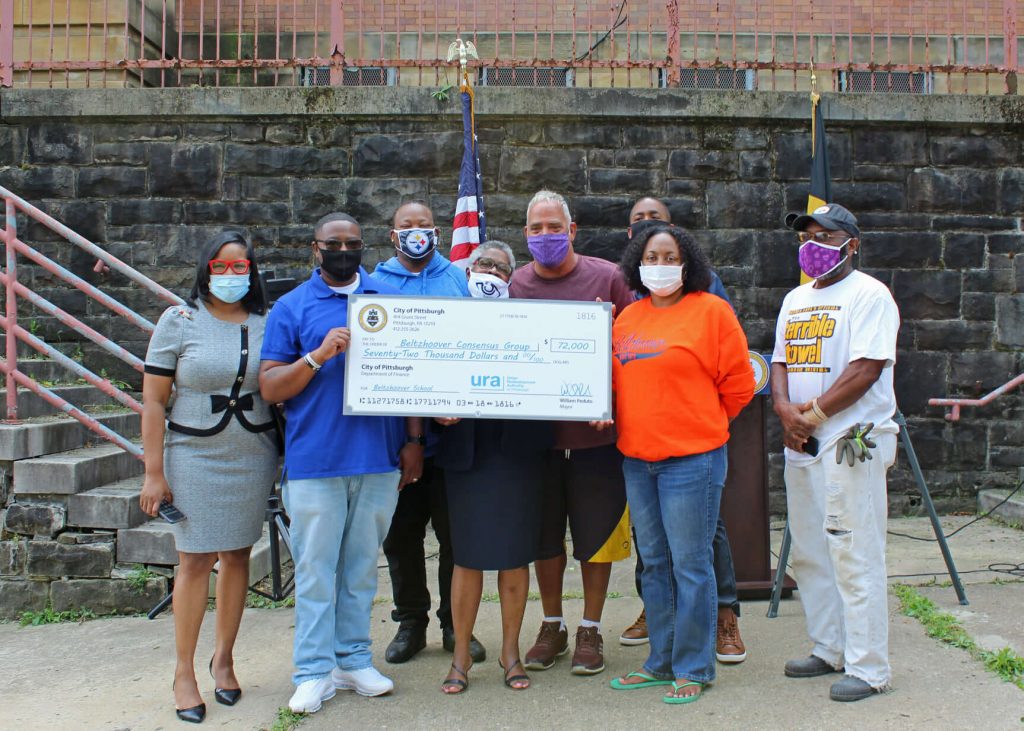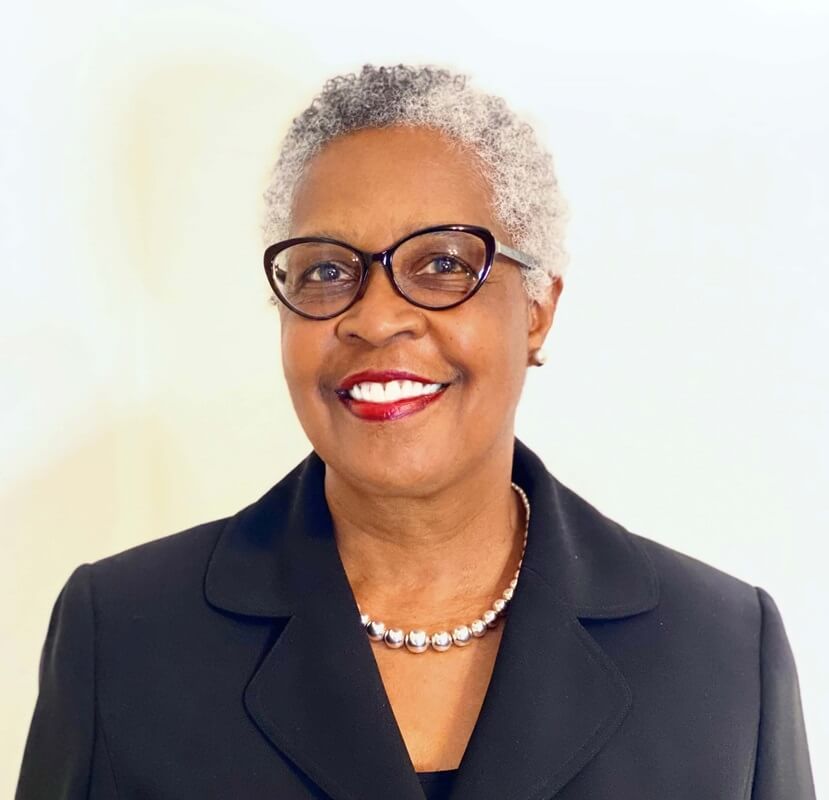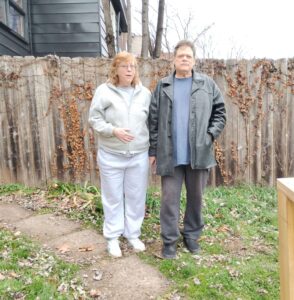Catapult is what it is because of our people. From our staff to our board, we’re intentional about building a team that not only brings deep expertise but also shares a passion for unlocking equity, opportunity, and transformation across all areas of our work.
In February 2024, we were proud to welcome Jennifer Cash Wade to our board of directors — a seasoned real estate professional and lifelong Pittsburgher with a wealth of experience in both the government and grassroots sectors.
Since 2018, Ms. Cash Wade has served as the managing consultant for the Beltzhoover Consensus Group, where she is leading her team and working with partners to redevelop the Beltzhoover Elementary School into the Dr. Louis A. Venson Senior Lofts, 39 units of affordable housing for residents aged 55 and older. Her work draws on 24 years as a realtor and nearly a decade of public-sector experience in Allegheny County’s Department of Real Estate — expertise that now informs a broader strategy to reclaim vacant properties and increase affordable housing throughout Beltzhoover.
As we set our sights on neighborhood-level transformation as a vehicle to foster generational wealth building at Catapult, we’re honored to have Jennifer’s insight and leadership guiding the way. Read on to learn how her journey from selling real estate to becoming an advocate for affordable housing and development evolved and what she believes is key to realizing housing justice in Pittsburgh and beyond.
How did you get into real estate and community development?
While serving as a Trustee at Macedonia Baptist Church, one of my responsibilities was representing the church in real estate transactions. At one sale, the Realtor suggested I consider selling real estate. That was in 1999, and I’ve been a Realtor ever since. Coldwell Banker is currently the brokerage I am affiliated with.
In 2007, when the Great Recession hit, the housing market and my business suffered tremendously, and I was forced to look for a job. A friend at Allegheny County Department of Real Estate told me about an opening, and I began working there in September of 2007. I stayed until retiring in May of 2016 as operations manager.
That experience gave me great insight into the full circle process of home buying and selling — from the moment an agreement of sale is signed to the moment homeownership is achieved. The knowledge I gained while working there has been invaluable.
After retiring, I returned to real estate full time. In early 2018 a member of the Beltzhoover Consensus Group (BCG) approached me about helping them purchase Beltzhoover Elementary School. We closed on the building in December of 2018 with support from then City Councilman Bruce Kraus and my journey to community development began.

Could you tell us more about that work and why it was important for you to get involved?
Beltzhoover Elementary School has always held deep sentimental meaning for me and the entire Beltzhoover community. I went there, my three sons went there, and my granddaughter attended kindergarten there. There are many other families in the neighborhood with the same history, so purchasing and redeveloping the building was a project driven by love and a strong emotional attachment to a place that held so many wonderful memories for so many people.

During this same time, the affordable housing crisis was worsening across the country. To protect the integrity of our neighborhood and allow residents who desired to age in place in their own community to do so, Beltzhoover Consensus Group made the decision to redevelop the school into senior housing: 39 units for residents at least 55 years of age. We anticipate breaking ground on the $14 million project in August.
The building will be named Dr. Louis A. Venson Senior Lofts to honor the school’s first and only black principal, who led it to become one of the city’s top academic performers.
Beyond that, we are also working to address Beltzhoover’s many vacant and abandoned properties. As the managing consultant, I lead fundraising efforts and work closely with partners to construct or rehabilitate houses for sale. I also sit on several board related to housing and community revitalization, including Hilltop Alliance, Pittsburgh Housing Development Corporation, the Pittsburgh Land Bank, Pittsburgh History and Landmarks Foundation and of course, Catapult Greater Pittsburgh.
You’ve worked in both government and grassroots spaces. How has that shaped your approach to housing justice?
It’s given me access — to leaders, policymakers, and key decision-makers — and a deep understanding of how things work behind the scenes. I know who to talk to when issues arise and being on several boards has expanded both my network and perspective.
What policies or systems do you think need to shift to make equitable development the norm in cities like Pittsburgh?
To make equitable development the norm in cities like Pittsburgh, we need policies that prioritize fair access and community voice at every stage. For too long, entire communities, particularly Black communities, were excluded from opportunities that could have supported long-term stability and well-being. This has made a lasting impact on our society and speaks to the urgent need to be more intentional about how we approach development moving forward.
Some key shifts I think we should make:
- Mandatory consultation with local nonprofits to ensure development plans align with community goals.
- Early and ongoing inclusion of community members, from the first brainstorming session onward.
- Voting power for a representative number of residents in decision-making processes.
- Recognition of lived experience as critical knowledge in shaping development strategies.
- Collaborative identification of neighborhood priorities to guide investment and planning.
These changes should guide developers and all levels of government to ensure development is not just happening to communities, but with them.
What makes Catapult unique, and what excites you about its future?
It starts with Tammy. She’s a visionary, she’s fierce, and she’s deeply respected for what she’s built. But it’s also the scope of Catapult’s work. From entrepreneurship to housing to financial education, they touch all the elements people need to build a better life.
There’s no other organization in the city offering such a holistic approach, and I believe we’re only at the beginning. Catapult has the potential to grow beyond Pittsburgh, beyond Pennsylvania — maybe even beyond the U.S. I’m so proud to be a part of this mission and to work alongside women who are passionate, committed, and truly making a difference.





